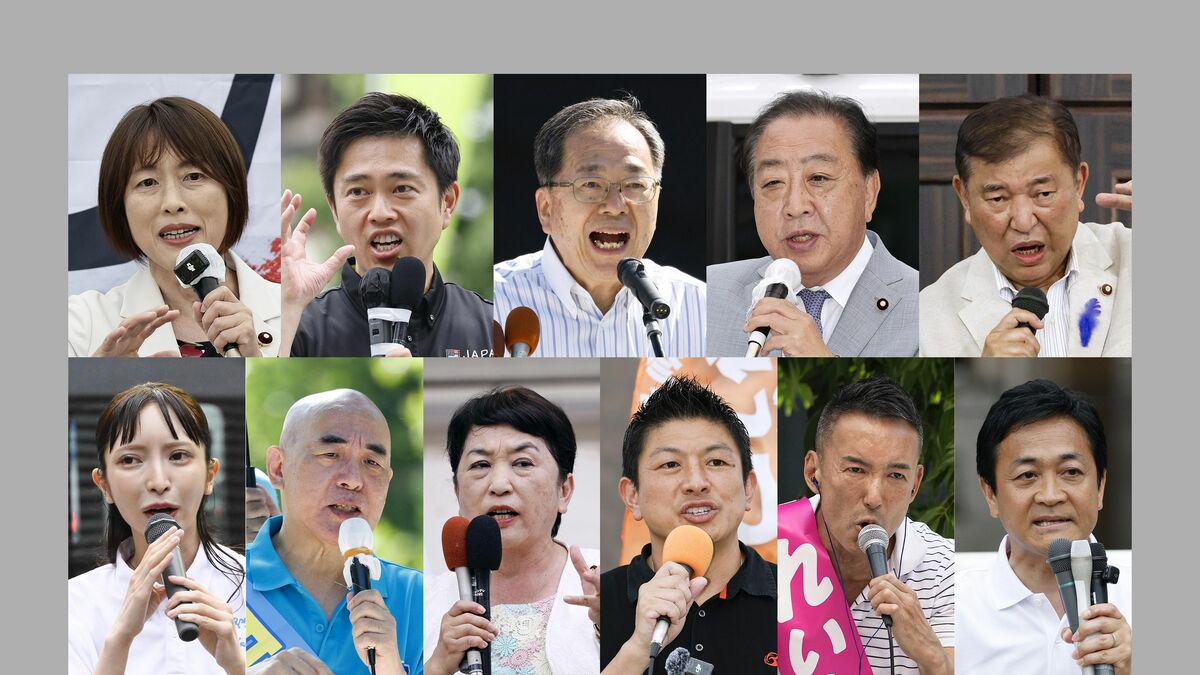
In Japan, political dynamics show older generations favor established parties like the Liberal Democratic Party (LDP) with support rates of 35-40% among those aged 70 and over. Meanwhile, younger voters are more inclined toward emerging parties such as Sanseitō, the Democratic Party for the People, and Reiwa Shinsengumi, with support for the LDP below 20% among those in their 50s and younger. This shift reflects a growing sentiment of “social collapse” among the populace, with existing parties seen as unable to meet national expectations.
Issues like scandals and controversial remarks have marred established parties, causing voters to seek alternatives. Data shows younger and independent voters increasingly favor new parties. The trend indicates that votes from the non-partisan demographic may likely go to these new parties during elections.
Emerging parties are often divided based on age support, with younger voters favoring parties like the Democratic Party for the People, Sanseitō, and Reiwa Shinsengumi. Parties such as the Japan Innovation Party and Japan Conservative Party see more support from middle-aged and older voters.
The perception of societal breakdown is a key feature in this political change, with phrases like “Japan is broken” gaining traction in political dialogue. Sanseitō’s slogan “Japan First” also warns against further damage to Japan’s societal fabric.
International data, like the Ipsos poll, highlights a growing global sentiment of social decay, paralleled by rising distrust in politics. This, coupled with demographic challenges, media influence, and global crises, has led to a surge in populist politics worldwide, reflecting the situation in Japan.
In the current Japanese political landscape, the apprehension of societal collapse is accompanied by a rise in political distrust. This has been increasing rapidly in Japan, where trust in politicians and traditional parties has significantly declined since 2016.
The potential rise of populism in Japan draws attention as voters increasingly desire strong leadership to take back control from elites. Japan’s historical context, unlike Germany’s caution against populism, may predispose it to embrace populist political currents more readily.
With emerging parties likely to make significant gains in the upcoming election, their future actions and the response from established parties will be crucial to watch as Japan navigates this shift. The evolving political scene could see new leaders rising to address these widespread concerns, steering the country through its changing political and social challenges.
by MagazineKey4532
